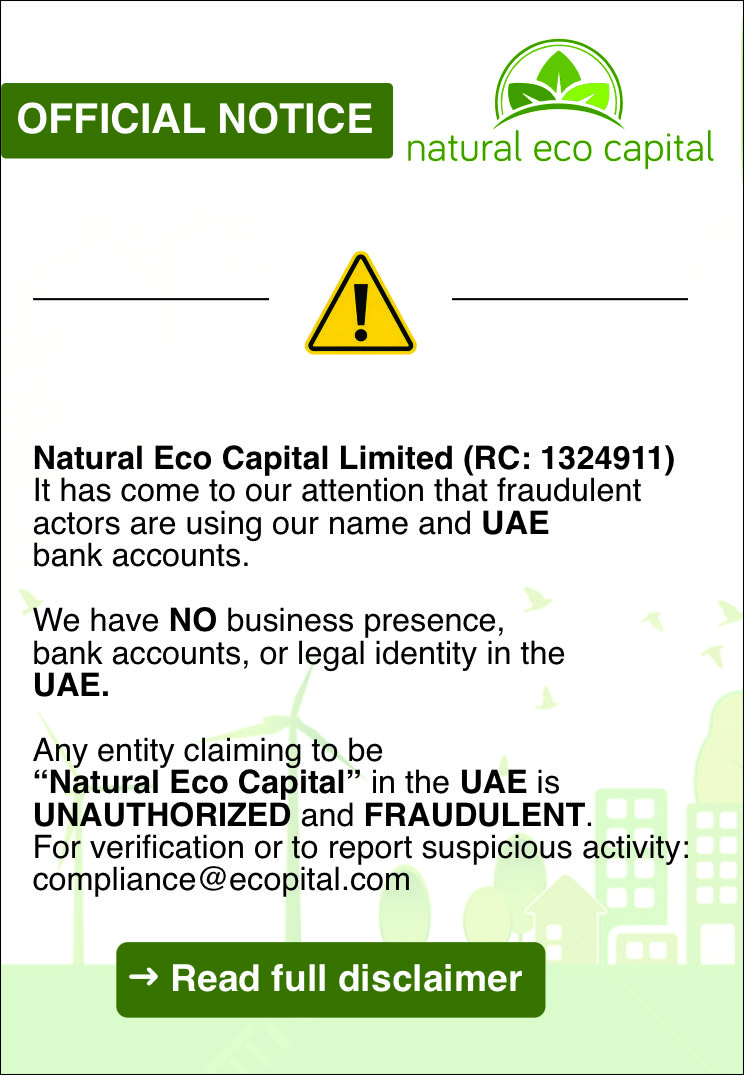In a landmark development for Africa’s climate finance landscape, Nigeria officially unveiled the continent’s first government-backed carbon trading exchange on August 5, 2025, in Lagos.
The carbon exchange platform, developed through a strategic partnership between the Nigerian Stock Exchange (NGX) and the Ministry of Environment, marks a pivotal step in Nigeria’s battle against climate change and its quest to mobilise substantial private sector climate investments.
President Bola Tinubu, who personally launched the initiative, described the exchange as a “game-changer” for Nigeria’s green economy ambitions.
The platform aligns with Nigeria’s ambitious Net-Zero 2060 Roadmap, designed to reduce greenhouse gas emissions through market-based mechanisms while promoting sustainable economic growth.
A key target is to channel at least $500 million in green investments into Nigeria by 2030, catalysing private funding into projects with measurable environmental impact.
The exchange initially focuses on carbon credits generated from reforestation projects in Cross River, one of Nigeria’s major biodiversity hotspots, and methane capture programmes in the Niger Delta region, which aim to curb emissions from oil and gas operations notorious for flaring and leakage.
These projects represent early examples of credible carbon offset initiatives that meet international standards.
However, despite the historic launch, the carbon market faces serious challenges. Environmental advocates and industry experts caution that weak verification and certification processes could undermine trust in the system.
Concerns have been raised regarding past land-use controversies and fraudulent carbon credit claims, particularly in Nigeria’s complex agricultural and oil sectors. Critics fear that without robust regulatory frameworks and transparency, the exchange risks becoming a vehicle for greenwashing or illicit trading.
In response, the Securities and Exchange Commission (SEC) has pledged to institute stringent oversight and regulatory enforcement measures, including real-time monitoring, third-party audits, and transparent reporting.
SEC Chairperson Aisha Ogunleye noted that “integrity and accountability will be the cornerstones” of the carbon trading platform’s operations.
Market players, investors, and climate finance specialists are closely watching how Nigeria’s exchange balances ambitious environmental goals with practical governance realities.
If successful, the platform could position Nigeria as an African leader in carbon finance, stimulate job creation in green sectors, and provide a replicable model for other countries seeking to harness market-driven climate solutions.





